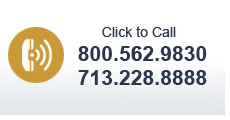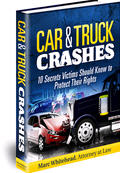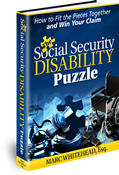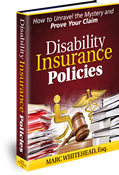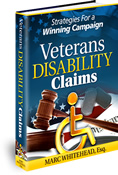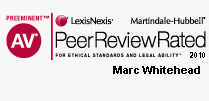Answers to 10 Common Questions
1. I have been in an automobile accident. What is the first thing I should do?
First, call the police, by dialing 911. At the scene of the accident, be sure to obtain the name, address, license number, and insurance information from the other drivers involved, as well as all witnesses. If you are injured in an accident, it is important to seek treatment immediately. Sometimes serious injuries do not cause immediate pain. If you experience even minor pain after an accident, you should see your doctor immediately.
2. An insurance adjuster for the other driver just called me, and asked me to give a tape-recorded statement about the accident. Whose side are they on?
Not yours. The other driver’s insurance company has two goals: first, they want to protect the interests of the driver who caused you injury, and second, they want to pay you as little money as possible.
3. Should I give the tape recorded statement that the insurance adjuster for the other driver is requesting?
Although the insurance adjuster who calls you may give you the impression that you are obligated to give statement, you are under no obligation to give a statement. If you were injured, or if you are partially or totally at fault in the accident, you should contact a lawyer prior to deciding whether or not to give a statement to an insurance company.
4. I have been injured. Who will pay my medical bills?
If you have medical payments coverage in your auto insurance policy, you will be able to have your bills paid under that coverage. If you have health insurance, the health insurance should pay for your bills. Your health insurance may file a lien on your case, so that you may be required to pay these liens from your settlement. Your attorney can help to negotiate these liens.
5. Who will pay for the damage to my car?
Initially, the at fault driver’s insurance should pay if liability is clear and they accept responsibility. If not and you have your own insurance, your insurance company will pay to have your car fixed or will pay you the value of the vehicle as a total loss. If you are not at fault in the accident, your insurance company will seek to be reimbursed by the insurer of the driver at fault. If you do not have collision insurance, and you are not at fault, the insurer of the driver at fault should pay for your property damage.
Our ebook, “Car & Trucking Crashes, 10 Secrets Victims Should Know to Protect Their Rights” is designed to give you guidance in pursuing your legal rights if you have been in a car or truck accident. Whether you choose to hire Marc Whitehead & Associates or not, we hope that this ebook prevents you from becoming a victim twice! Call us at 713-228-8888 or visit us on the web at www.personal-injurylawyer.com.

